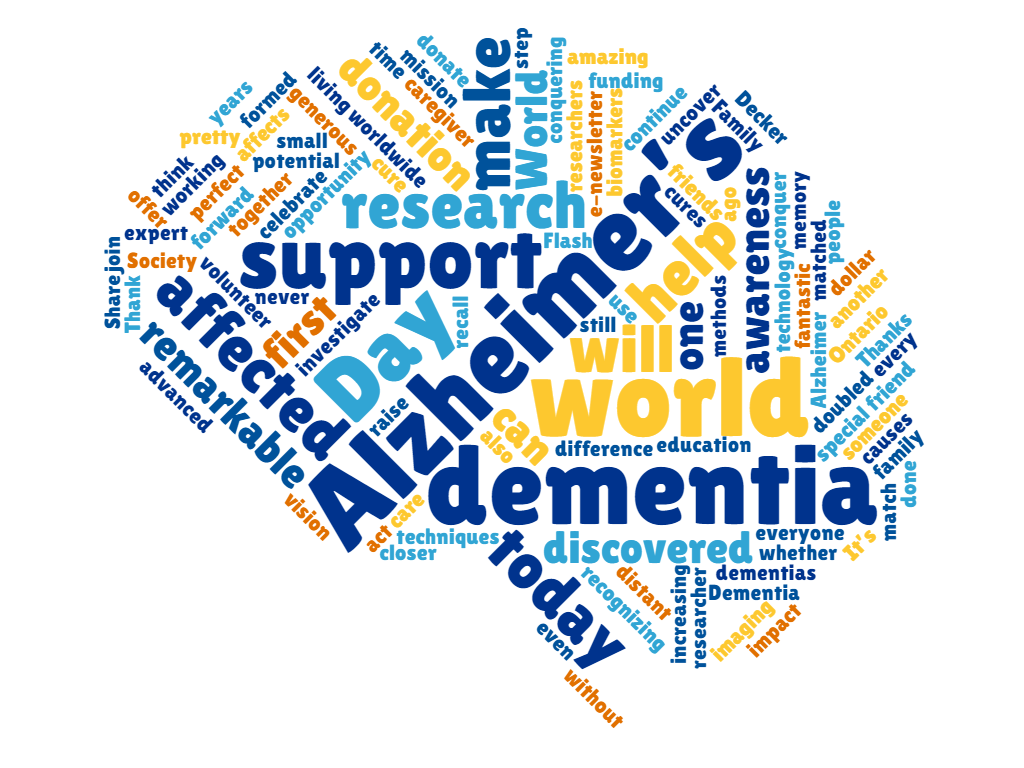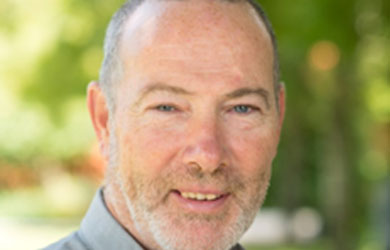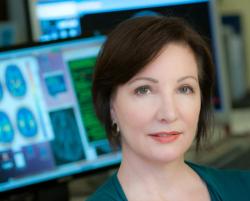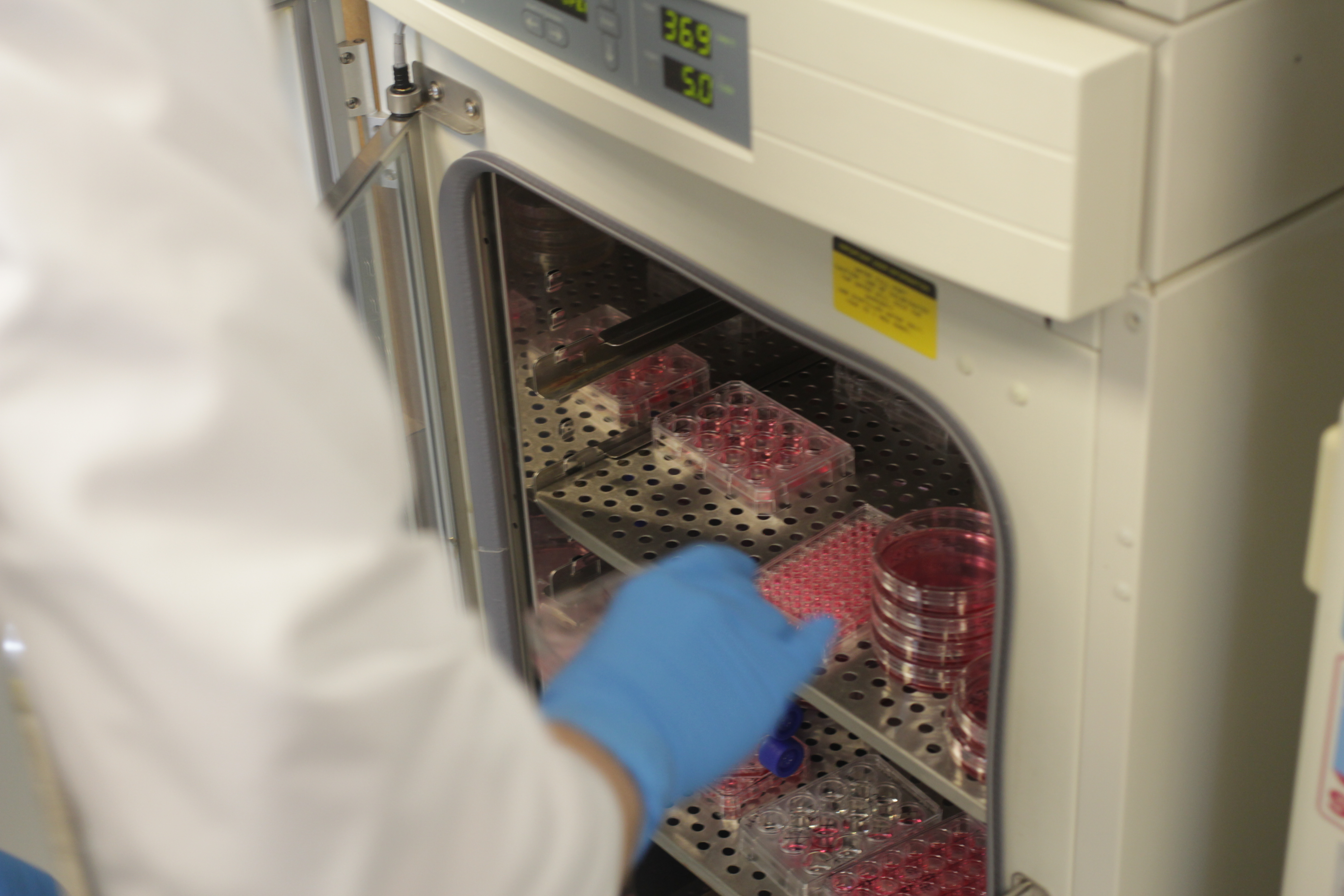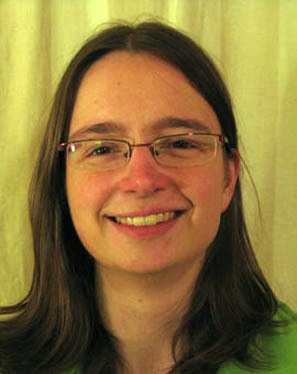What this week’s Nobel Prize in Medicine announcement means for dementia research
This year’s Nobel Prize in Medicine was awarded to Japanese biologist Yoshinori Ohsumi for his discoveries on how cells eat themselves. That’s right – Ohsumi conducted experiments in the 1990s on how cells break down and recycle their components, literally eating themselves to remove damaged content and provide building blocks for cell regeneration. This process is called “autophagy”, a term that was actually coined in 1963 by Belgian scientist Christian de Duve, who also received a Nobel Prize for his work in this area….

